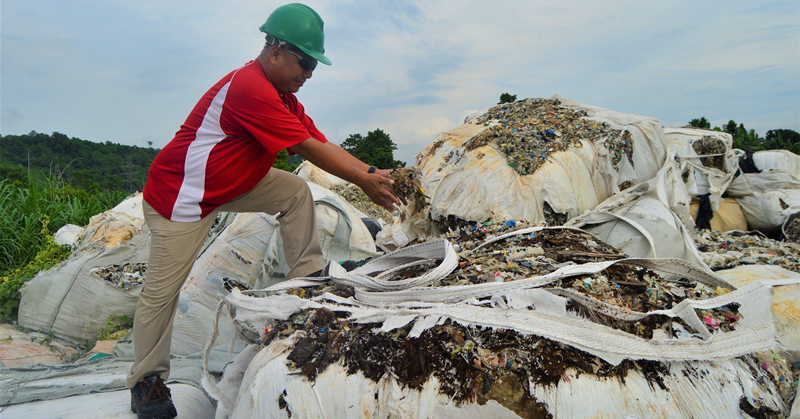In a time when almost every nation is coming up with a solution to end the problem of pollution in their own respective countries, the Philippines has yet again took another step backward in this aspect, and may have done so with malicious intent.
However, these types of blunder could never escape public eye, and makeshift solutions are put into the spotlight (once again) to cover up the faulty planning, organization, and communication among involved parties.

Customs to Reship Trash Back to SoKor
Under the directive of the Bureau of Customs, Cagayan de Oro (CDO) Collector Floro Calixihan shared that tons of hazardous waste products that were illegally discharged at the Mindanao Container Port (MCT) in Togoloan, Misamis Oriental last July will be shipped back to South Korea by next week, as shared in a report by the Manila Times.
The shipment which was arranged to be received at the southern port was initially thought to be recyclable synthetic plastic flakes. However, when the misdeclared cargo arrived, environmental group EcoWaste Coalition strongly disapproved the incident, noting that other countries need to be aware that the Philippines is not a dumping ground, and that we [as a country] have the power to send back garbage from other countries.
Following this appeal, the BoC has now taken the reins in the effort to transport the 51 containers of smuggled garbage back to South Korea.
Upon investigation by the BoC, documents revealed that the shipment was imported from South Korea by Verde Soko Phils. Industrial Corp., and contained, aside from declared plastics, about 32 tonnes of trash which was categorized as “special or hazardous waste.”
With this discovery, officials from the Philippines and South Korea have convened to handle the shipment of the misdeclared cargo.
Other than the appeal made by the local and national government, South Korea is obliged to take back its trash in observance of the Basel Convention, which was designed to reduce the movement of hazardous waste from one country to another.
According to investigation reports, Verde Soko forged the import documents from South Korea, as the shipment did not undergo thorough inspection, and the company did not have authorization to transport the cargo.
Why and how this blunder came to near completion is something that we hope the present administration can address, especially that our natural resources and the living conditions of our people are at stake.